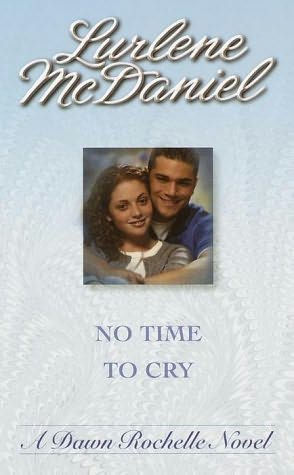

Īlong those lines, an alternative proposed meaning is that "the dogs of war" refers figuratively to the wild pack of soldiers "let slip" by war's breakdown of civilized behavior and/or their commanders' orders to wreak "havoc", i.e., rape, pillage, and plunder. Īpart from the literal meaning, a parallel can be drawn with the prologue to Henry V, where the warlike king is described as having at his heels, awaiting employment, like hounds "famine, sword and fire". Shakespeare's source for Julius Caesar was The Life of Marcus Brutus from Plutarch's Lives, and the concept of the war dog appears in that work, in the section devoted to the Greek warrior Aratus. In a literal reading, "dogs" are the familiar animals, trained for warfare "havoc" is a military order permitting the seizure of spoil after a victory and "let slip" is to release from the leash. Foreseeing violence throughout Rome, Antony even imagines Caesar's spirit joining in the exhortations: "raging for revenge, with Ate by his side come hot from hell, shall in these confines with a Monarch's voice cry 'Havoc!' and let slip the dogs of war." Interpretation In a soliloquy, he reveals his intention to incite the crowd at Caesar's funeral to rise up against the assassins. In the scene, Mark Antony is alone with Julius Caesar's body, shortly after Caesar's assassination. The dogs of war is a phrase spoken by Mark Antony in Act 3, Scene 1, line 273 of English playwright William Shakespeare's Julius Caesar: "Cry 'Havoc!', and let slip the dogs of war." The Slavic states of Serbia and Montenegro declared war on the Ottoman Empire two weeks later. Russia preparing to let slip the "Dogs of War" and its imminent engagement in the growing Balkan conflict between Slavic states and the Ottoman Empire, while policeman John Bull ( Britain) warns Russia to take care.


 0 kommentar(er)
0 kommentar(er)
